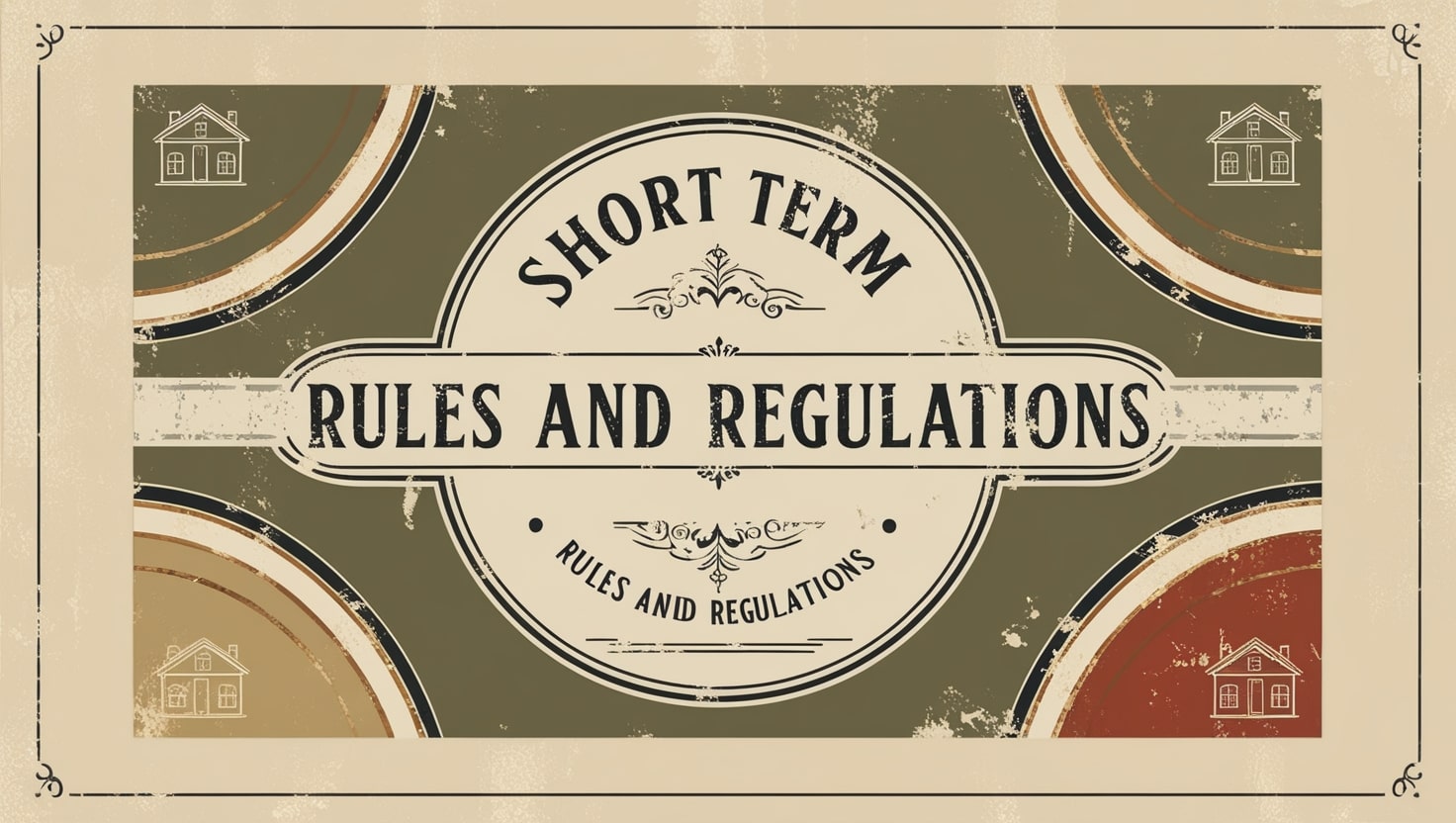Athens, Greece Airbnb Rules & Regulations
Last updated on: 4th July, 2025


Last updated on: 4th July, 2025

Airbnb regulations in Athens, Greece, are influenced by both national laws and EU directives that aim to ensure responsible hosting. Hosts in Athens must adhere to several key regulations:
Registration: Hosts are required to register their property on the Short-Term Residence Register managed by the Independent Authority for Public Revenue (IAPR) and obtain a property registration number (AMA), which must be displayed in listings.
Taxation: Earnings from Airbnb are considered taxable income. Hosts need to be aware of various taxes, such as rental tax, income tax, and VAT. The IAPR is mandated to collect and report taxpayer information under the EU Directive DAC7, which affects hosts with properties in the EU.
Permissions and Restrictions: Individuals must confirm their eligibility to host based on local laws, contracts, and community rules. Properties with mortgages or in subsidized housing may have specific hosting restrictions.
Health and Safety: Enhanced cleaning protocols are mandated, especially post-COVID-19. Additionally, hosts must ensure safety by providing emergency contacts, maintaining fire prevention measures, and managing potential hazards.
Tourist Accommodation: Different legal regimes apply to licensed hotels, guesthouses, and other tourist accommodations, requiring a special operating license instead of the short-term rental registration.
General Courtesy and Compliance: Hosts are encouraged to communicate building rules, noise policies, and locality-specific customs to guests. Ensuring neighborly relations is a critical aspect of being a responsible host.
These guidelines are not exhaustive, and hosts are advised to consult local authorities or legal experts for detailed requirements specific to their situation.